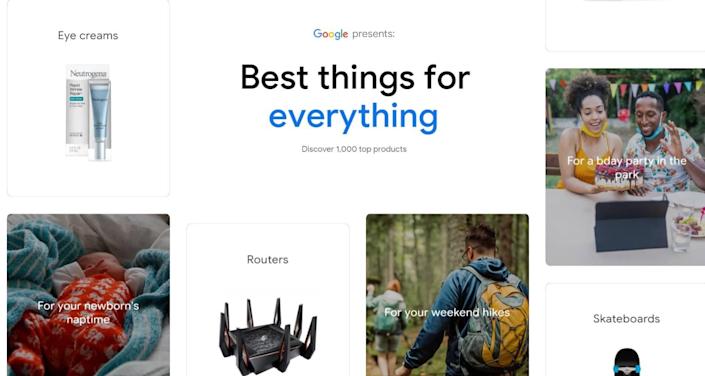For the longest time, Android users criticize iOS for that way aggressively kill applications running in the background. The ability of multi-tasking android phones, larger memory pools, and larger batteries are waffed around as an example of a platform superiority. Of course, there are consequences for these features and even Android themselves have a mechanism to prevent customized background applications. Some manufacturers, however, have taken it themselves to enforce tight steps that may even contradict Google policies and Android makers now want to know who OEM is.
Most Android applications may not need to always run in the background but there must be a class application that does it. In fact, there are application classes that should not run in the background at all, especially those who are less than innocent intentions such as malware. However, some health-centric applications may need to always run every moment but the system might not always allow this application.
Background applications do not come at no cost, of course, usually in CPU time and in the end in battery life. That is why the platform, including Android, sets the rules and limits that the application can do and when. Android also makes room for exceptions and provides facilities to support placing applications to sleep and wake them up again.
Google also has rules for OEM to transparent about applications killed in the background and here everything becomes a bit messy. Some OEMs go above and beyond and implement their own application murder policies on Android and often don’t let the developer, fewer users, know about it. To place it, some applications, such as sleep monitoring or activity tracking applications, which function on one cellphone may not function properly on other brands just because the latter aggressively kills applications running in the background.
The application developer has complained about this situation for years but it seems that Google finally heard their requests. It might help someone report that certain brands even kill important Android accessibility services. Now Google is an application developer survey to ask about their experiences about this behavior.
Considering this situation has been going on for years, this survey is really long to come. It’s better to be late than never, as they say. Google doesn’t even need to ask for developers personally because it doesn’t kill my application sites already there for years now but it might be better to accumulate as many anecdotes for evidence.

